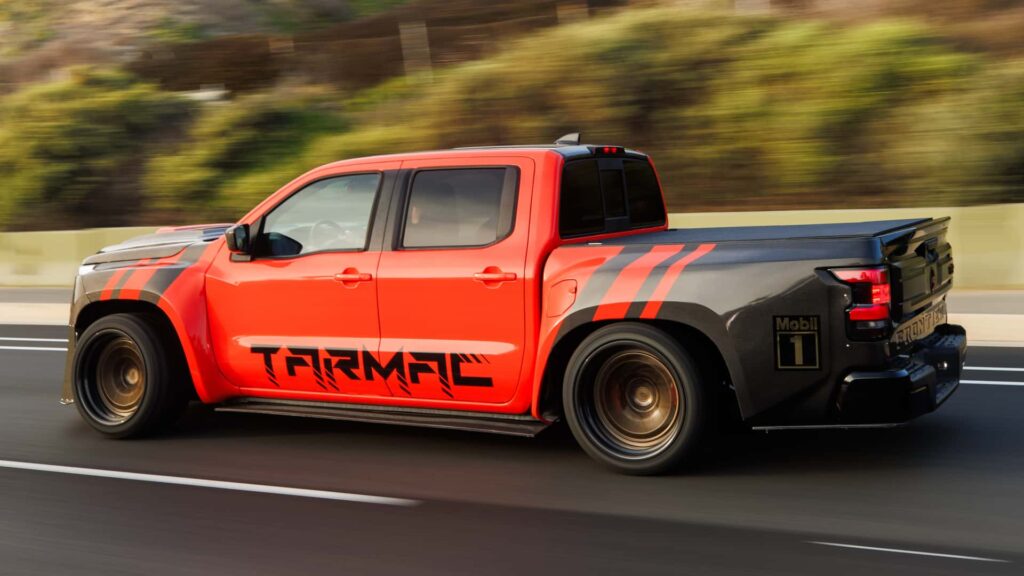![]()
The question is designed to trip you up however you answer, but a lawyer has the perfect response.
So a slow car was in front of you on the highway and you pulled out to pass them. You might have gotten a bit enthusiastic in the passing lane, and next thing you know there are blue police lights in your rearview mirror. With a sigh, you pull over and wait for the cop to come to your window. Before the police officer opens his mouth you know the question he’ll ask:
“Do you know how fast you were going back there?”
A favorite police question at traffic stops
It’s a classic Catch-22 scenario. If you did happen to note your top speed during the hurried passing maneuver, it doesn’t seem wise to volunteer it. “Yes sir, I topped out at exactly 77 MPH.” You heard somewhere that anything you say can–and will–be used against you in a court of law.
On the other hand, a bold-faced lie doesn’t seem wise. “I was going about 54 MPH” reeks of BS. And what if the police officer decides that your speedometer must be faulty? There must be a ticket for that.
According to attorney Michael L. Mandell, “I don’t know” also isn’t a wise option. Once you go on record saying you don’t know how fast you were going, the police officer can claim you were going any speed and you don’t have a grounds to dispute it in court. One commenter on Mandell’s recent video argued the officer might testify you were “distracted or otherwise remiss” if you say, “I don’t know.”
Here’s Mandell’s perfect answer:
“I believe I was going the speed limit.”
He calls this the proper answer because “You are neither confessing nor lying.”
Of course this strategy works best if you keep your top speed under the legal limit. Then you can always say–with perfect honesty–I believe I was going the speed limit. And it might even reduce your chances of getting pulled over.
Mandell laid out this strategy in the same video where he revealed the perfect answer to “Do you mind if I search your car?” That is another one of police officers’ favorite Catch-22 scenarios to spring during a traffic stop. See how to answer in the video embedded below:

